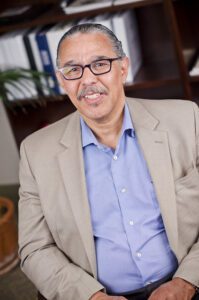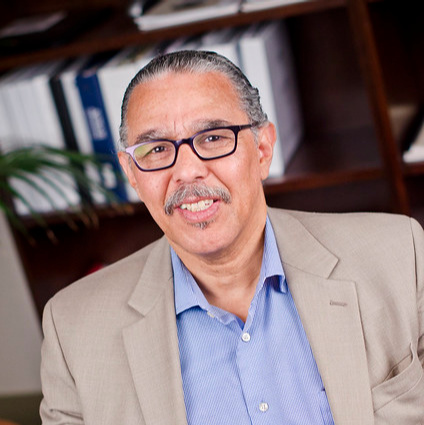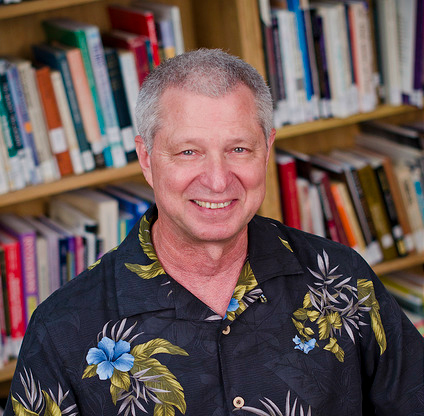 Dreams that take over our minds while we are sleeping reveal a great deal about us as individuals, but they are also about the society that we are living in, according to psychologists like MA in Clinical Psychology faculty George Bermudez.
Dreams that take over our minds while we are sleeping reveal a great deal about us as individuals, but they are also about the society that we are living in, according to psychologists like MA in Clinical Psychology faculty George Bermudez.
Since summer 2011, Bermudez has been organizing groups to share their dreams in what are called “Social Dreaming” sessions or matrices. By analyzing similarities among the dreams of 30 to 40 people, Bermudez said he can understand the struggles and collective unconsciousness of society.
“We know that dreams are always trying to tell us the truth about our existential conflicts,” said Bermudez. “Through sharing dreams together, we see what we are all struggling with collectively.”
Bermudez’s first workshops were with Antioch students, and then with a cross-pollination of students, alumni, and the community. He now organizes a dream workshop every summer for Antioch psychology students, which allows them to earn one unit of credit while learning about dream theory and techniques that can be used as clinicians working with children and families. Bermudez also co-teaches dream courses with other Antioch professors.
Social Dreaming sessions were first organized in London in the 1980s by Dr. Gordon Lawrence, drawing from psychoanalysis theories that have roots in Freud and Jung. Bermudez went to his first Social Dreaming conference in the United States in the 1980s and has written about his work in the International Journal of Group Psychotherapy. Ideally, “social dreaming matrices” last for a few days so people can “sleep and dream and bring in live unconscious communications,” said Bermudez. He said a “smattering” of other groups across the United States are organizing Social Dreaming sessions.
“Social dreaming is focused on what we are struggling with communally and it activates something we’ve begun to call the social unconscious,” said Bermudez. “In the 2011 social dream matrix people were sharing dreams of crossing deserts and it was quite an amazing discovery to realize that the dreams symbolized our collective struggle with immigration and American Xenophobia.”
Bermudez, along with other Antioch Master of Arts in Clinical Psychology program faculty, offers two courses focused on dreams per year, with an emphasis on a variety of issues, such as “whiteness and black reparations” and “LGBTQ issues in the Trumpian era.” He said he is planning a new social dreaming experience called “Revolutionary Mourning,” which may be a way of looking at what we are struggling with socially in terms of mourning our past. He said many of our contemporary political conflicts can be viewed as social groups contending for recognition of their historical traumas and losses, which have not been fully mourned.
Bermudez said contributing to a social dreaming matrix connects people in a safe way that can help them collectively heal from trauma. For example, he said after a recent social dreaming matrix, people started emailing each other about their individual healing.
“People begin to realize that we are all in this together,” said Bermudez. “This is an amazing opportunity to provide a group level healing for the collective struggles that we all share.”




